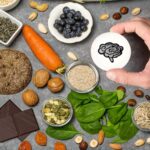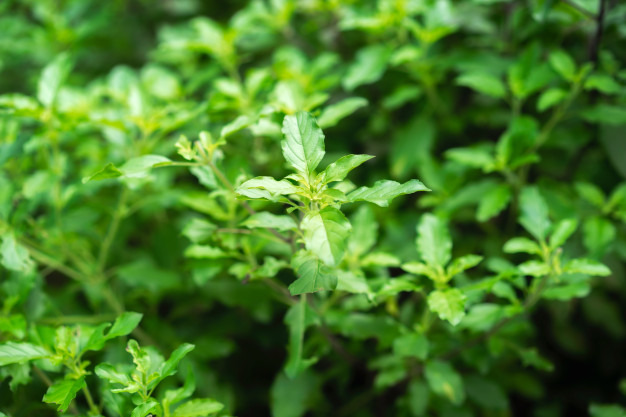“The Queen of Herbs”, “Mother Medicine of Nature”; Tulsi has many names based on its unrivaled qualities. Acharya Charak entitled it with “elixir of life” interpreting this incredible herb as both medicinally and spiritually phenomenal.
Tulsi is perceived as a Holy drug in Indian Mythology and is worshipped in the households. Tulsi is an auspicious (sulabha) herb with sweet aroma (surabhi) and beautiful inflorescence (sumanjari). It cleans it’s surrounding air making it fresh and pure.
In consequence of katu- tikta Rasa (pungent-bitter taste) and Laghu guna (lightness), it balances Vata and Kapha dosha in the body.
Metabolism and Weight Loss

It’s Katu Vipaka (pungent rasa post digestion) helps in igniting the digestive power, improves metabolic activity hence aids in weight loss. It’s appetizing (Ruchikrit) and anorexia relieving property act just as the frosting on the cake.
It facilitates the absorption of nutrients in the body while promoting the growth of friendly bacteria in the gut ascertaining appropriate bowel movements. Hence it helps in clearing the bowel properly.
Antimicrobial (Krumihara)
Its antimicrobial activity boosts immunity against various bacterial, viral, fungal, and helminthic infections.
Research shows that it helps in the treatment of various infections including skin & wound infections, urinary tract infections, cholera, typhoid, tuberculosis, pneumonia, and fungal infections.
Its leaves have been found effective in the treatment of different kinds of malaria. Its extracts and essential oil have been found to acquire larvicidal activities against mosquitoes.
Lowers blood sugar levels (Prameha-hara)
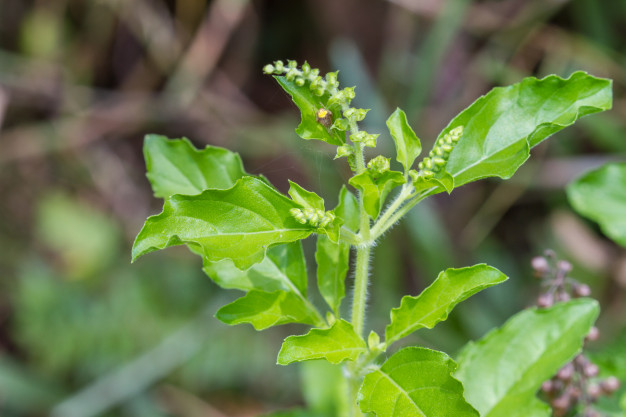
This wondrous herb has also been found to control diabetes mellitus. The aqueous decoction of this whole plant helps in lowering the blood glucose levels.
Cardioprotective (Hrudya)
Eugenol (phenolic compound) is the major constituent of essential oil which is responsible for the cardioprotective nature of tulsi. It reduces the triglyceride & cholesterol levels. Hence, it acts as a cardiac toner.
Fights Mental Stress
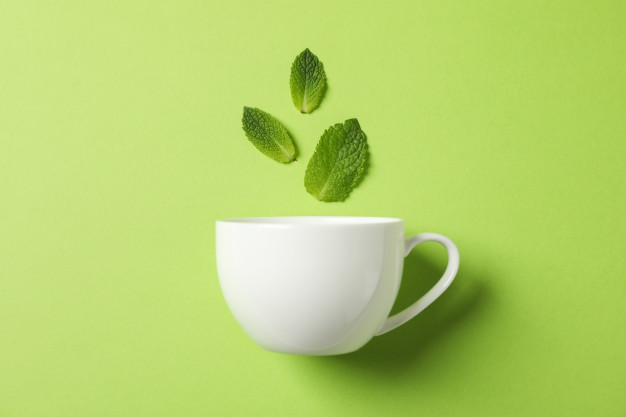
Tulsi is a great anti-stress agent. Its ethanolic extract is proven to be responsible for reducing anxiety and depression symptoms. Its anti-depressant effects are said to be comparable to those of Diazepam. It is also said to be effective in the improvement of cognitive functions. Its daily intake can help you detoxify your body and reduce toxic stress significantly.
Respiratory foster
In Ayurveda, Tulsi is revered as shwasa-kasa-hara, which means it is used in the treatment of respiratory disorders. With its anti-microbial, anti-inflammatory, and anti-allergic activities, it boosts immunity and protects the respiratory system from various kinds of infections and allergies.
Its capability in scavenging the free radicals has been proved to fight the oxidative stress caused by continuous noise exposure. Tulsi possesses some phytochemicals like flavonoids and phenolics which are held responsible for making this herb an ideal and powerful antioxidant.
Fights Skin Infections
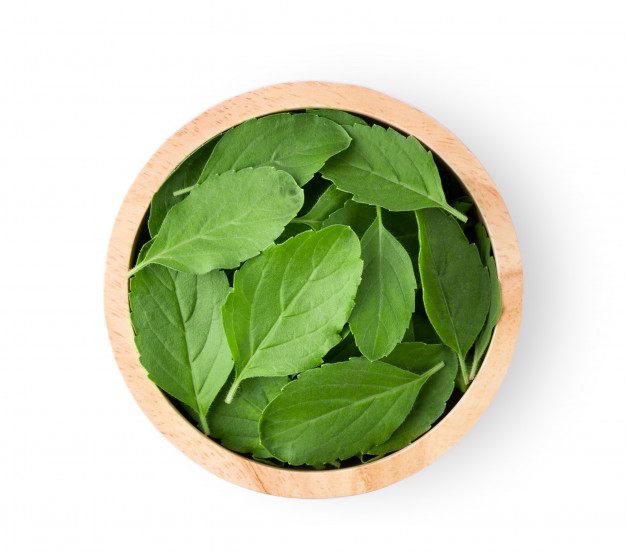
According to Bhavaprakash Nighantu, Tulsi is said to be used in the treatment of Kushtha Roga. Here, kushtha refers to skin infections or diseases with pain and itching sensations.
Its anti-fungal property helps in fighting skin fungal infections. Its leaves can be applied locally at the affected skin area for astounding results.
References
Cohen MM. Tulsi – Ocimum sanctum: A herb for all reasons. J Ayurveda Integr Med. 2014;5(4):251-259. doi:10.4103/0975-9476.146554
Samson J, Sheeladevi R, Ravindran R. Oxidative stress in brain and antioxidant activity of Ocimum sanctum in noise exposure. Neurotoxicology. 2007;28(3):679-685. doi:10.1016/j.neuro.2007.02.011
Indian J Physiol Pharmacol 2005; 49 (2) : 125–131 *Corresponding Author **Present Address : Research Associate (ICMR), Department of Pathology, King George’s Medical University, Lucknow. REVIEW ARTICLE THERAPEUTIC USES OF OCIMUM SANCTUM LINN (TULSI) WITH A NOTE ON EUGENOL AND ITS PHARMACOLOGICAL ACTIONS: A SHORT REVIEW P. PRAKASH* AND NEELU GUPTA** Department of Biochemistry, Seema Dental College & Hospital, Barrage Road, Rishikesh, Dehradoon – 249 203, Uttranchal










